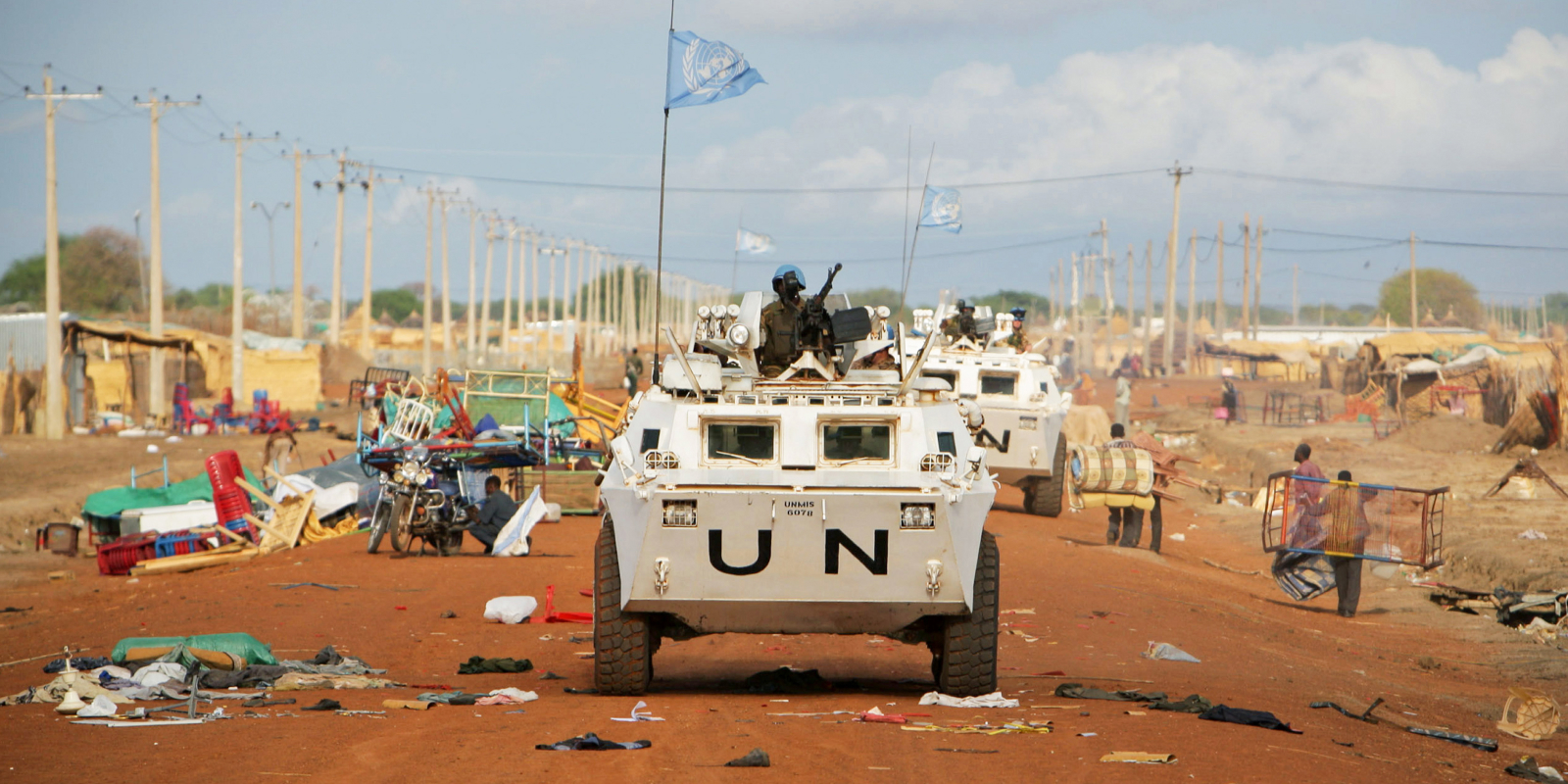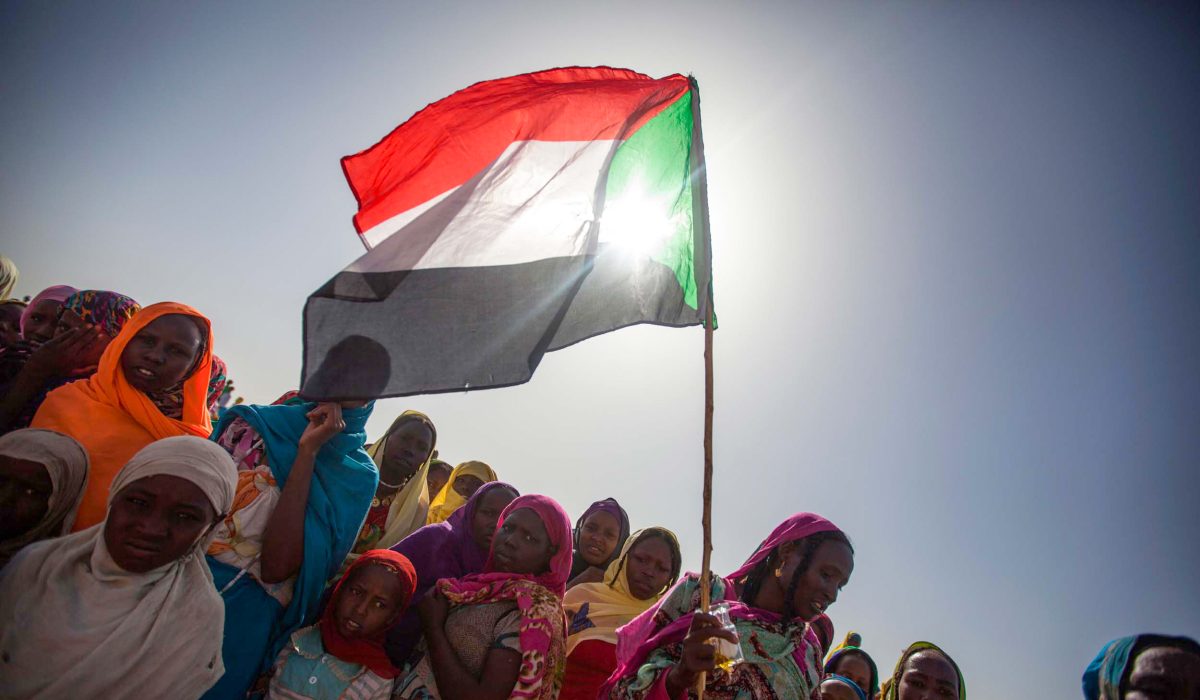This month’s edition of the Conflict and Resilience Monitor features an article by Dr. Dhieu Mathok Diing Wol, the current Minister of Investment of the Republic of South Sudan, and Secretary of the South Sudan Mediation Committee for the Sudanese Peace Talks. Dr. Dhieu reflects on the current situation in Sudan, the foreign influence in the conflict and the possible fragmentation of the Sudan state. We then move to Mali, with an article from Dr. Nina Wilén and Prof. Paul D. Williams about MINUSMA and recent developments following Mali’s Foreign Minister, Abdoulaye Diop’s, call for the UN mission to withdraw.
Dr. Cedric de Coning has written an article on an adaptive peacebuilding book that he has co-edited, and that was published in March. He writes about the need to reform the current mechanisms used to try to work towards establishing lasting peace. He argues that peacebuilding needs to engage from a participatory process that involves the people affected by the conflict, and that the solutions need to emerge from the context in which they are being implemented. Karabo Mokgonyana and Emma Ng’ang’a have contributed an article about youth, peace and security (YPS). YPS is still a relatively new agenda, and states are still trying to formulate initiatives, including YPS National Action Plans (NAPs). The article argues that the NAPs are key to setting the YPS agenda in states in Africa, and that their creation needs to be done with the inclusion of youth.
Finally, this refugee month, Keenan Govender has written an article about the ubiquitous nature of xenophobia in Africa and its detrimental impact on African unity.









